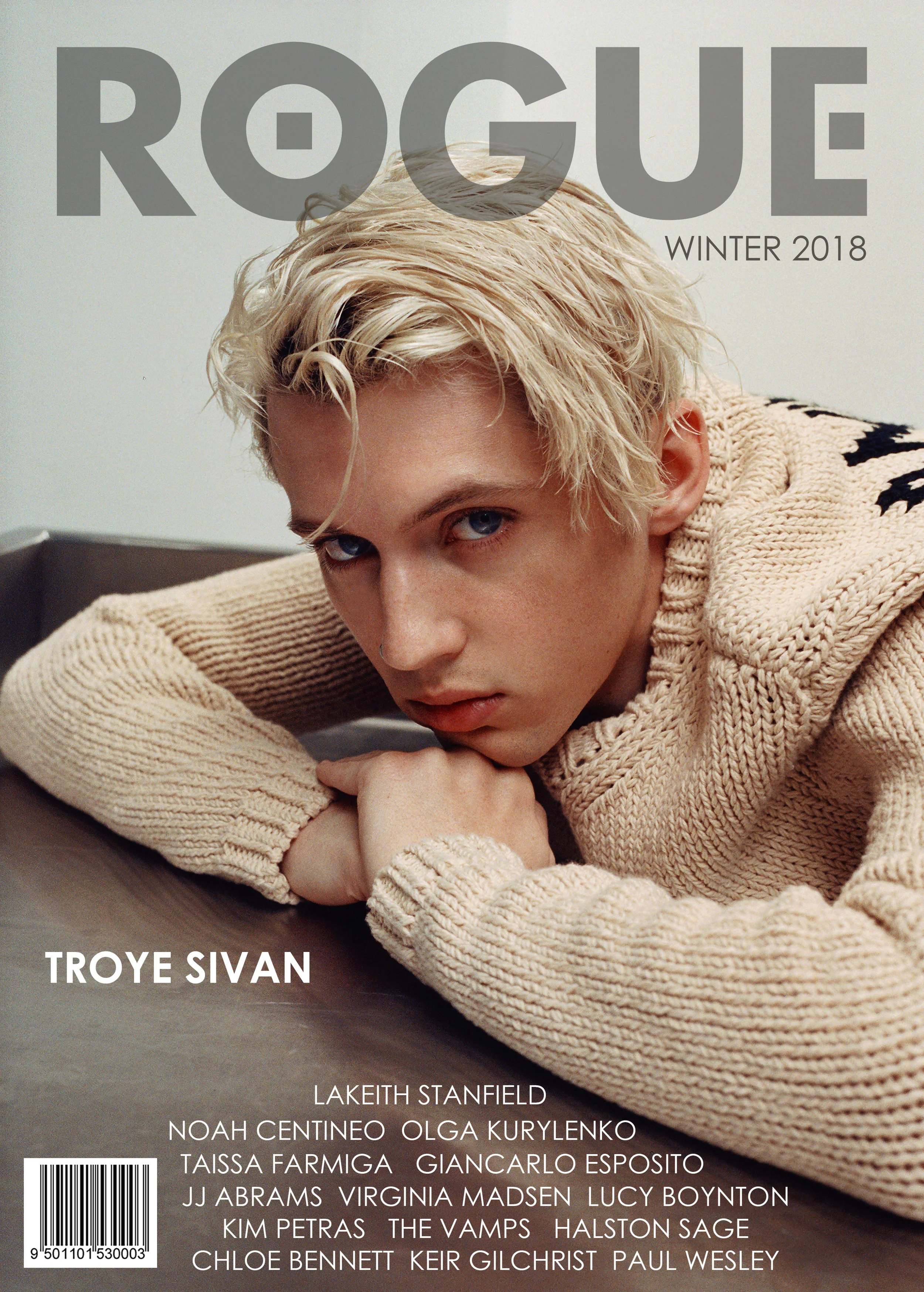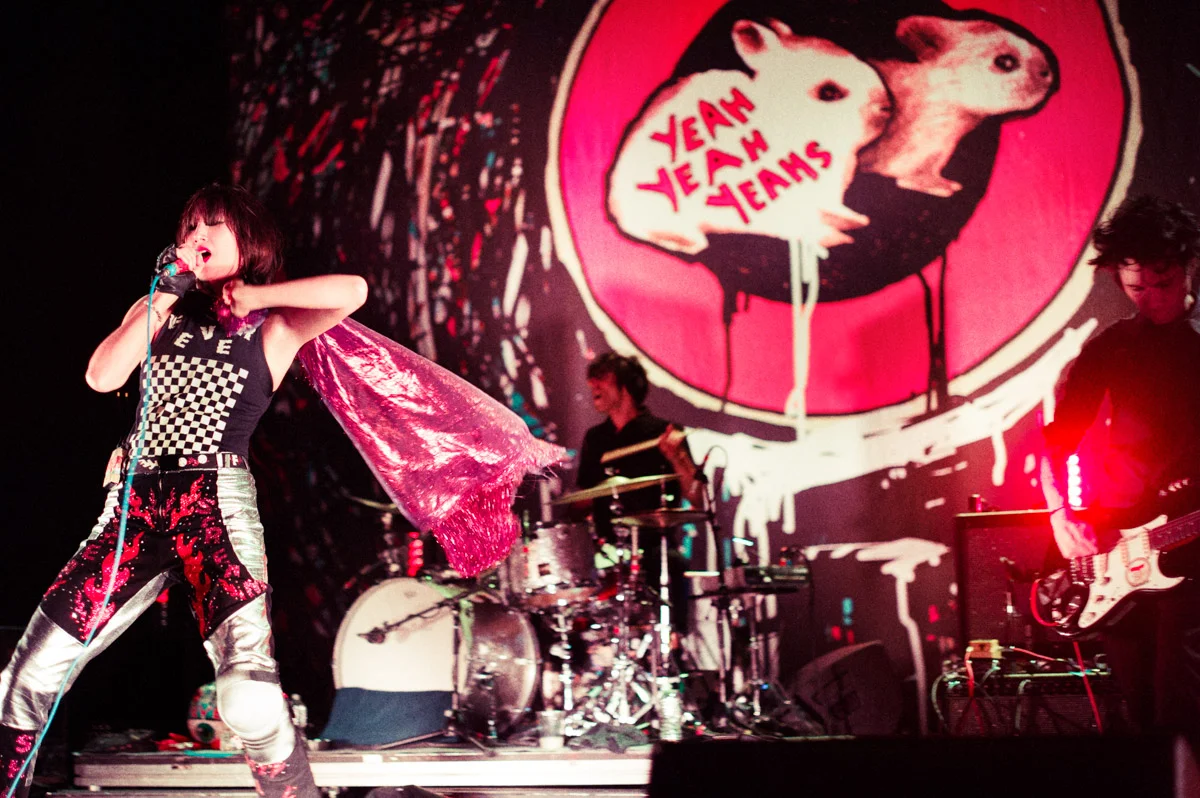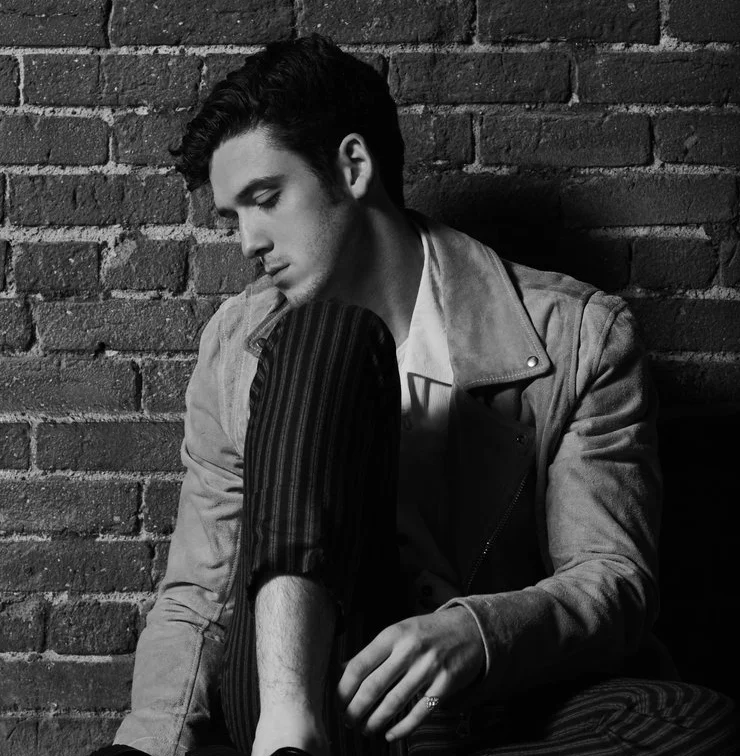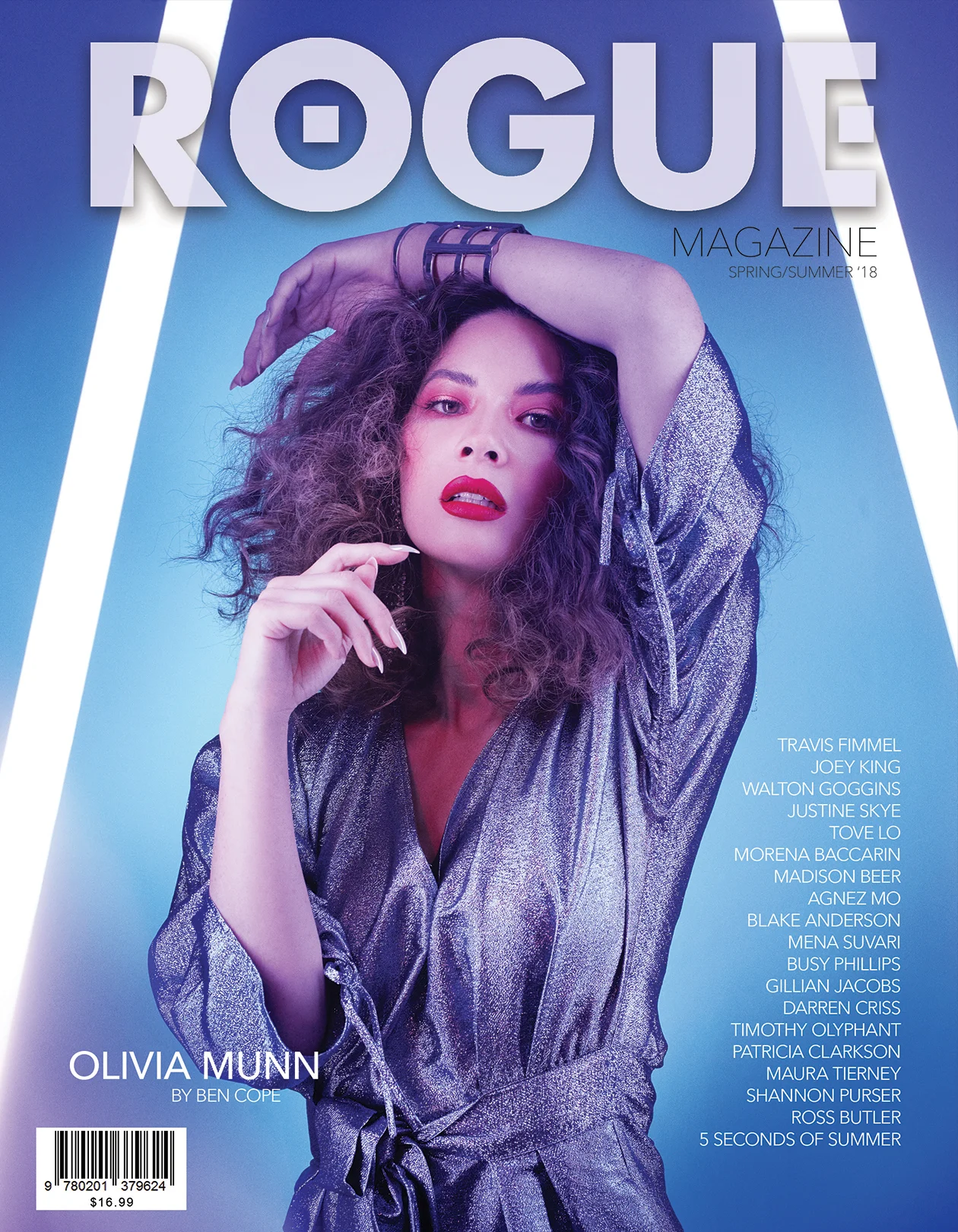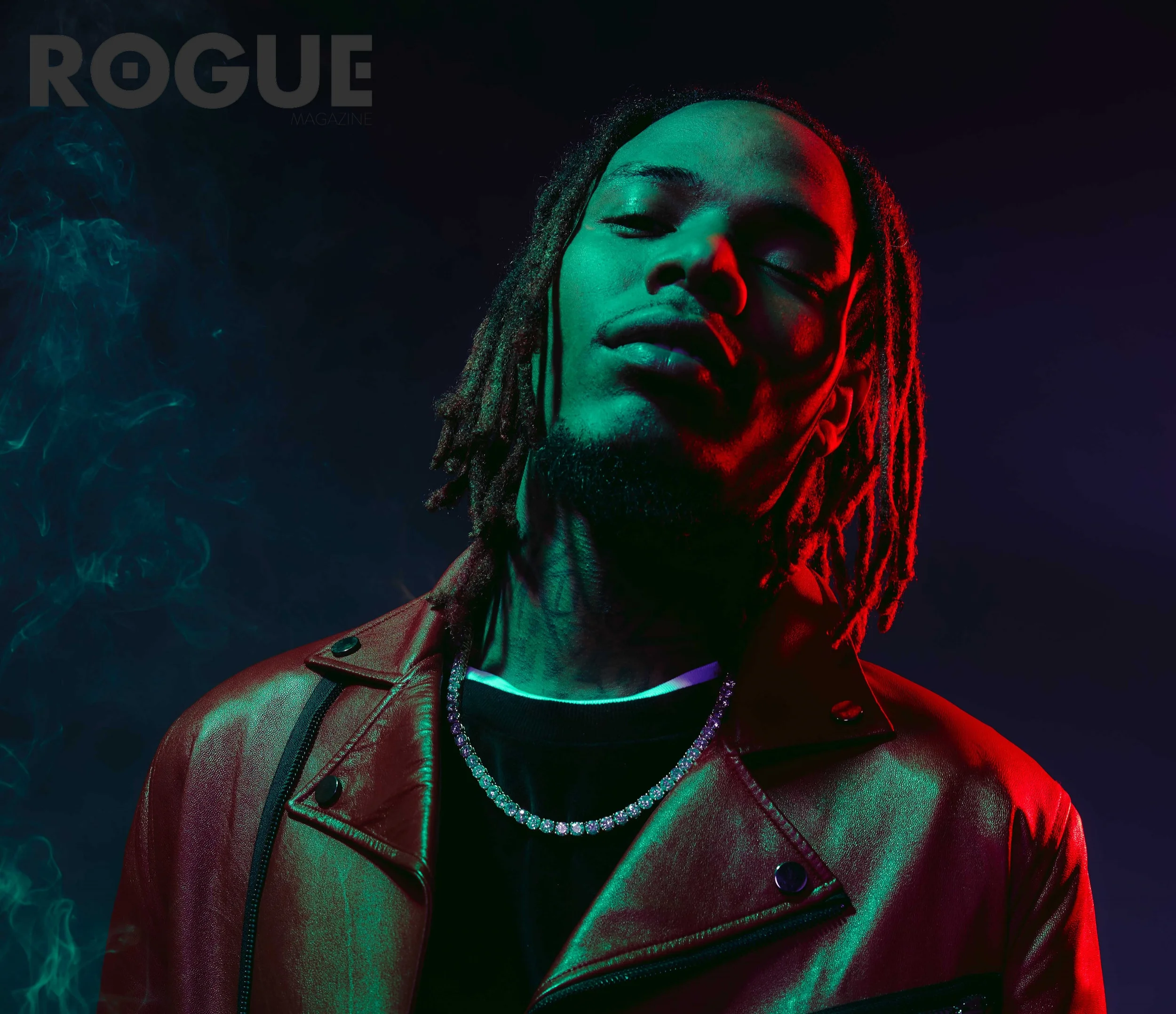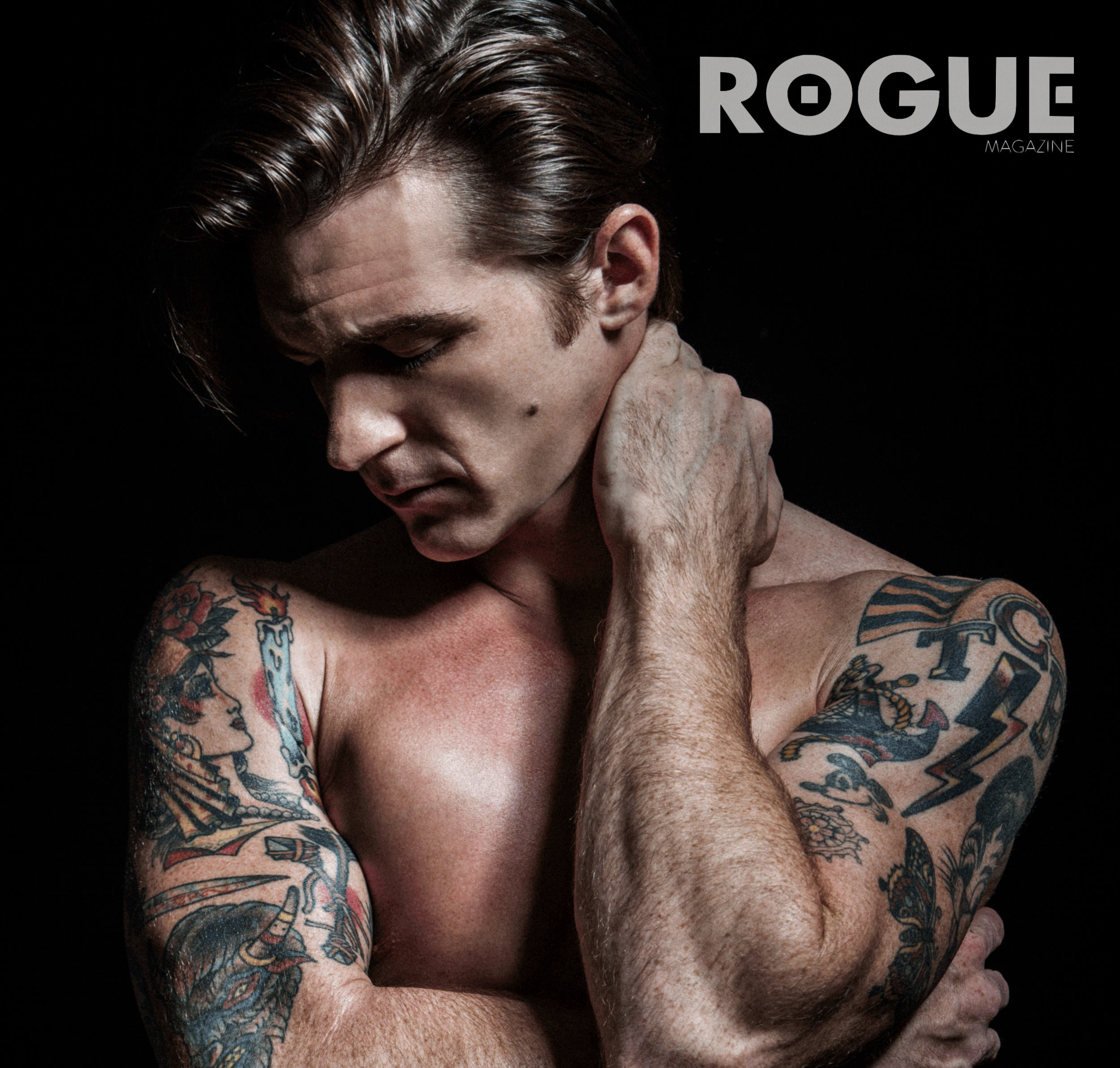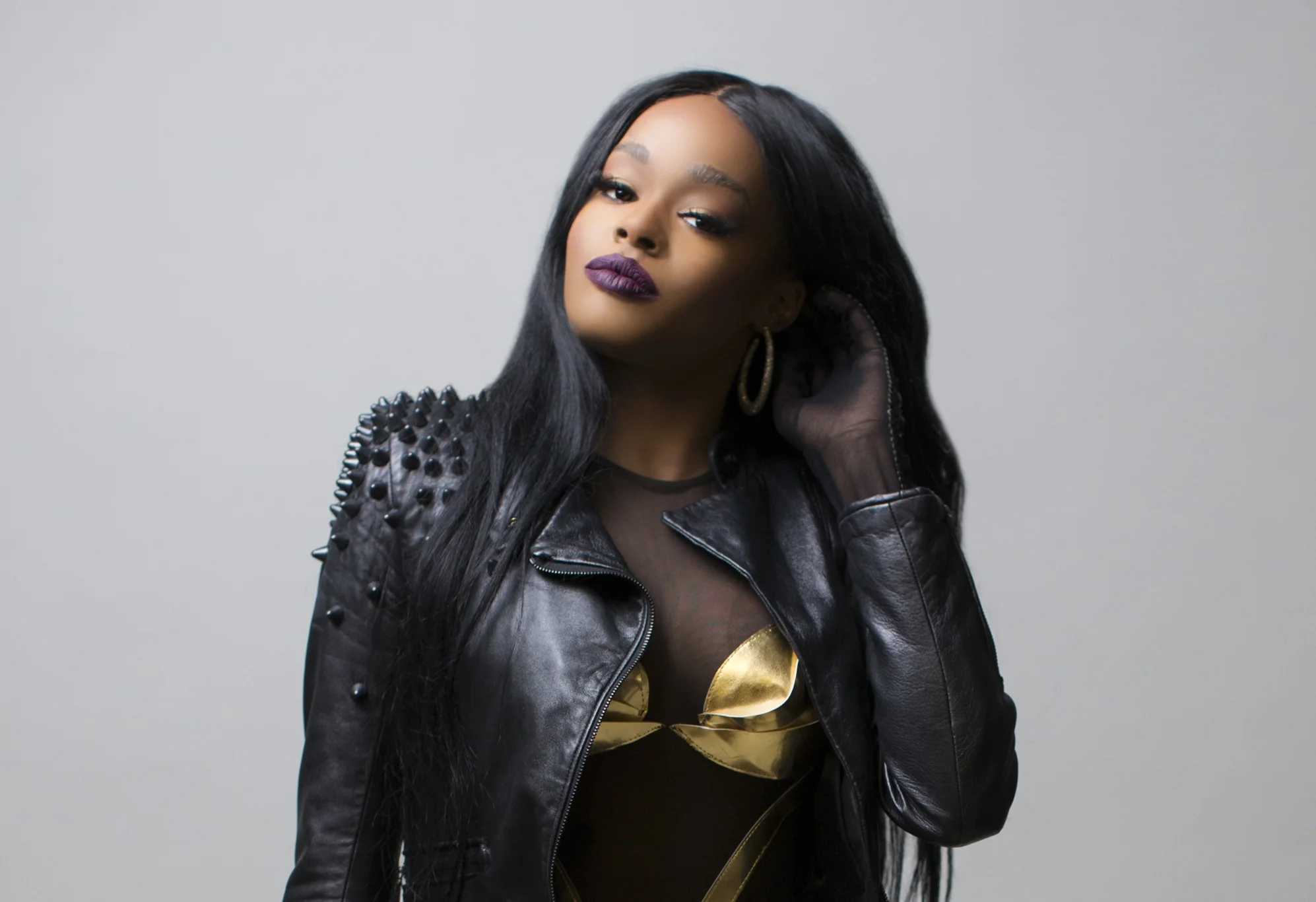Death Cab For Cutie
Two Decades of Death Cab For Cutie
We as humans sometimes have an inexorable need to define artists through genre and stereotypes. Some are categorically easy to assign description and others are too multifaceted for basic genre-distinction. Then there are those artists who invent their own genre and subsequent subculture. Death Cab for Cutie came along in the late nineties and has since been titans of emotionally direct and intellectually challenging indie-rock “Emo” music. A new genre had been born. Frontman Ben Gibbard became the seminal face of Emo, with a voice that not only carried confessional love-lorn worlds, but was also housed within an indie-darlin package that seemed to encapsulate the aesthetic of a genre. Death Cab became one of the biggest alterna bands of the noughties and firmly established a stylistic nexus from which many bands derived themselves.
Death Cab For Cutie have now been a band for nearly two decades, and for those of us who came of age alongside the band’s music, revisiting their music is akin to reading old sentimental journal entries.
In Summer 2015, Death Cab returns with their eighth studio album Kintsugi, and the elements of emotional connection are more apparent than ever. Taking the title from the Japanese art of restoring pottery with gold to celebrate flaws as part of an object’s history, Kinsugi marks a new turning point for the band. Choosing to embrace the changes, blemishes and separations rather than attempting to cover or hide them. Working with the scars has been a fundamental element of Death Cab’s career.
“IT FEELS LIKE MAGIC. YOU’RE CREATING SOMETHING OUT OF NOTHING, YOU’RE DEFYING THE LAWS OF PHYSICS.”
“I feel like Kintsugi is the metaphor for my life and what I've been trying to accomplish as a songwriter all these years,” Gibbard reveals. “I think that art of making something beautiful out of broken pieces of the subject that you’re writing about is kind of what I’ve always unknowingly been trying to do. So that’s why it resonated with me. I have always been the songwriter in the band, but there are many moments in our catalog when either Jason, Nick or Chris brought an idea to the table that has really changed the way a song was originally constructed, and in ways, made it light years better than it was before.”
While it’d be tempting to point towards literal events in the lives of the band's member—from Chris Walla’s departure to Gibbard’s divorce from Zooey Deschanel and ongoing sobriety—the music itself is more or less abstract and mood-driven, rather than a strictly personal confessional. One of the reasons Death Cab fans can identify to certain albums as an intimate document of a definite period in their lives is because they fundamentally remain personal accounts of whatever Gibbard was going through in specific periods of his own life.
“These are songs that span early 2012 to early 2014 for me, so a lot happened to me in that time period and some of it is public knowledge and some of it isn’t,” Gibbard explains. “I feel like every album is kind of a document of how I view my own life and the lives of the people around me in that time period. I figure it’s best just to write the way I’ve always written, and then the themes and connections will make themselves apparent.”
There isn’t one literal event or topic that defines Kintsugi, but that’s sort of the point—it’s an acknowledgment of what this band is all about and what they’ve carried with them. Creating a new motif out of the same soul-baring technique that ineluctably affects you with the spaces in between. With the band's evolution over the years, they decided to make this album a celebration of all the work they’ve done together, being a sonic and lyrical outlier amongst the band’s previous work.
“I feel that the three of us are still very much in awe of being a band. When we're songwriting, and it’s working, it feels like magic. You’re creating something out of nothing, you’re defying the laws of physics,” says Gibbard. “It’s something that none of us take for granted, we are fortunate that people find emotional attachments to some of our songs. You know, after as long as we’ve been a band, I don’t know what makes a band not work. I feel like it’s only worth doing it if you’re doing it well. There are times that we've been successful and times that we have not been successful at following that advice, but I feel like for better or for worse, we’re a very self-aware band. We’re especially aware of our own history, and I don’t think we would continue to do it if we felt we were doing it for any reason other than making music we were proud of. That’s what’s still the core of it, and we would never make a record that was because we had to, as a contractual obligation. We would just stop being a band.”
Story by Heather Seidler
Photos by We Are The Rhoads




